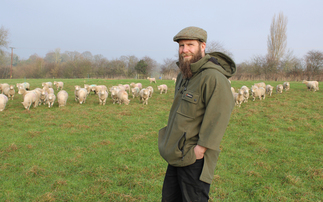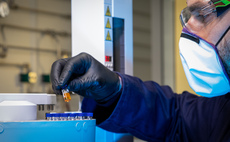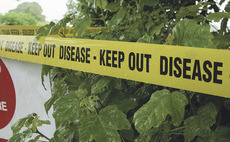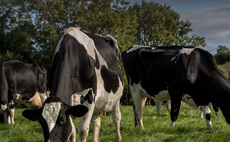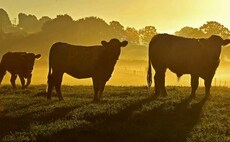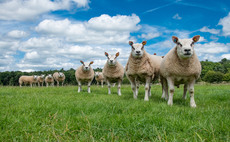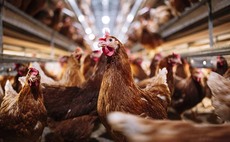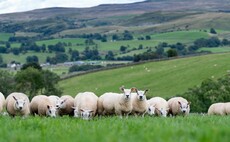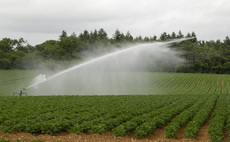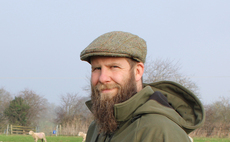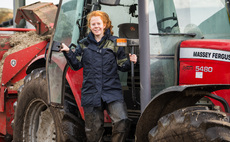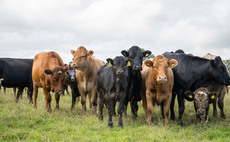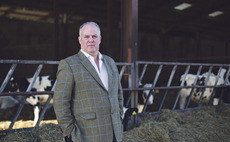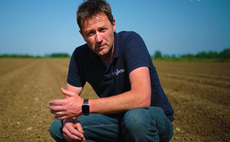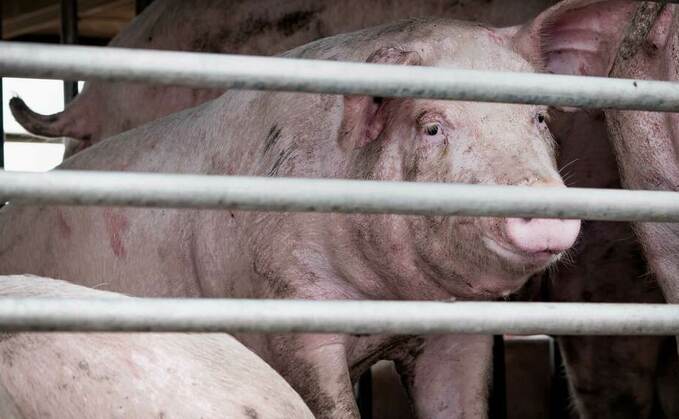
The first human case of influenza which is similar to a flu virus currently circulating in pigs, has been confirmed
The first human case of influenza, which is similar to a flu virus currently circulating in pigs, has been confirmed in North Yorkshire.
The UK Health Security Agency (UKHSA) said the detection of A(H1N2)v was the first of this strain of flu to be found in a human in the UK.
UKHSA said, as with other emerging infection events, it is working closely with partners to determine the characteristics of the pathogen and assess the risk to human health.
The case was discovered as part of routine national flu surveillance undertaken by UKHSA and the Royal College of General Practitioners (RCGP). The individual was tested by their GP after experiencing respiratory symptoms. Influenza A(H1N2)v virus was detected by UKHSA using polymerase chain reaction (PCR) testing and characterised using genome sequencing.
The individual concerned experienced a mild illness and has fully recovered. The source of their infection has not yet been ascertained and remains under investigation.
Chief Veterinary Officer, Christine Middlemiss, said: "We know some diseases of animals can be transferred to humans - which is why high standards of animal health, welfare and biosecurity are so important.
"Through our animal and human surveillance systems, we work together to protect everyone. In this case we are providing specialist veterinary and scientific knowledge to support the UKHSA investigation. Pig keepers must also report any suspicion of swine flu in their herds to their local vet immediately."
See also: Vets warn border delays would raise risk of African Swine Fever
Lizzie Wilson, chief executive of the National Pig Association said H1N2 has been circulating in pigs around the world for many years and rare cases of the strain being detected in humans have previously been recorded. However, the spokesperson also insisted pork remained safe in the UK.
"There is no evidence that there is any risk to humans by either handling or eating pork," Ms Wilson said. "There is currently no evidence of human-to-human transmission.
"Pig keepers should be vigilant to any signs of ill health amongst their animals and maintain high levels of hygiene and biosecurity when working with pigs. If you are concerned, please consult your veterinary surgeon."
Meera Chand, incident director at UKHSA, said: "It is thanks to routine flu surveillance and genome sequencing that we have been able to detect this virus. This is the first time we have detected this virus in humans in the UK, though it is very similar to viruses that have been detected in pigs.
"We are working rapidly to trace close contacts and reduce any potential spread. In accordance with established protocols, investigations are underway to learn how the individual acquired the infection and to assess whether there are any further associated cases."
UKHSA is monitoring the situation closely and is taking steps to increase surveillance within existing programmes involving GP surgeries and hospitals in parts of North Yorkshire. To assist in the detection of cases and assessment of transmission, those people who are contacted and asked to test are encouraged to do so.








